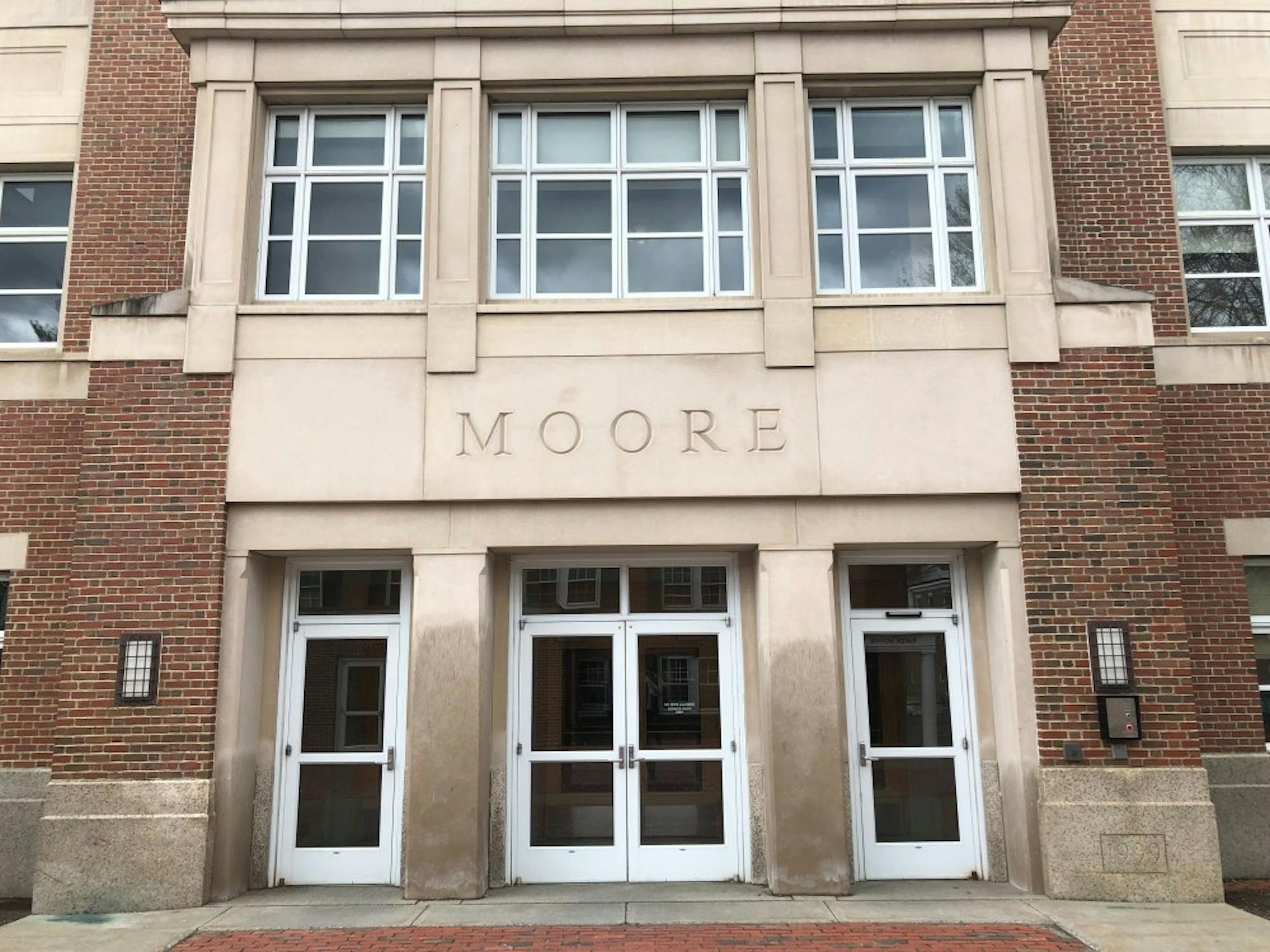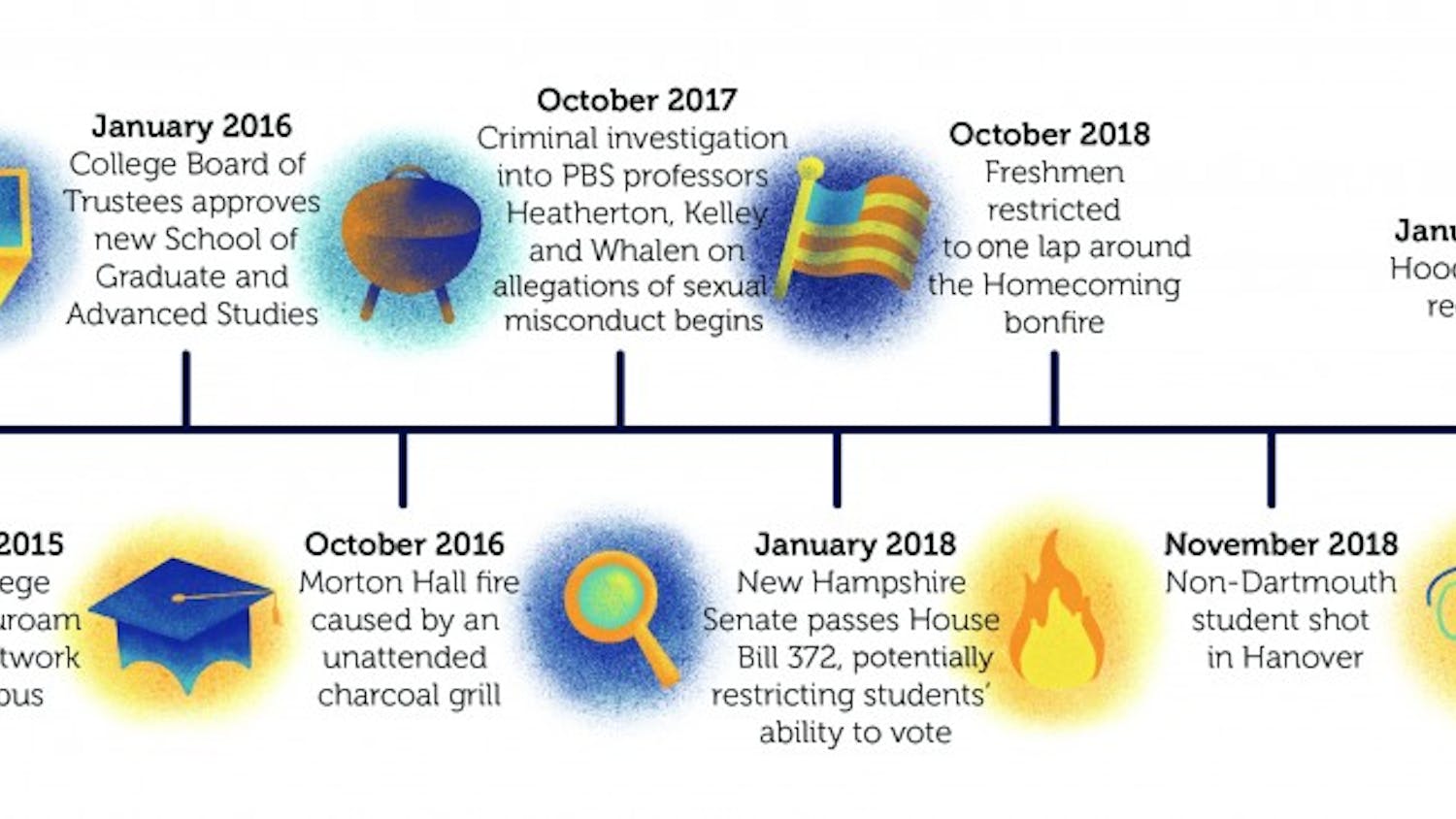A federal judge yesterday granted an extension in the mediation between Dartmouth and nine plaintiffs in an ongoing lawsuit contending that College officials failed to act on allegations of sexual misconduct against three former psychological and brain sciences professors.
In a joint court filing made on Friday, both parties in the case, Rapuano et. al. v. Trustees of Dartmouth College, requested an extension to the stay in litigation until Aug. 5. Judge Landya McCafferty subsequently approved the request on Monday.
The pause in legal proceedings was previously set to end either on July 31 or three days after the end of mediation. The mediation process began last Wednesday at the request of both parties.
According to the filing, the parties began meeting last week with the assistance of Robert Morrill, a retired New Hampshire Superior Court trial judge. Mediation continued through Thursday and Friday, after which the motion to continue mediation into the following week was filed.
“The parties’ efforts to resolve this case have not yet concluded,” the filing reads. “The parties wish to continue focusing on the negotiations, and do not wish to divert their attention to the litigation filings that will be due imminently if the stay is lifted.”
The parties submitted the original motion to stay litigation on May 28 — three weeks after two additional women anonymously joined the class action lawsuit, bringing forward additional allegations of sexual misconduct and abuse against former professors Todd Heatherton, William Kelley and Paul Whalen. All three professors have since left Dartmouth following a College workplace misconduct investigation in 2018. Seeking $70 million in damages, the plaintiffs claim that the College knew of allegations against the professors for over 16 years but did not take action.
In an email statement, College spokesperson Diana Lawrence wrote that the College is hopeful that mediation will prove successful and that it desires to reach a solution outside of court.
“We would much prefer to reach a mutually acceptable conclusion to the case outside of the litigation process,” Lawrence wrote.



